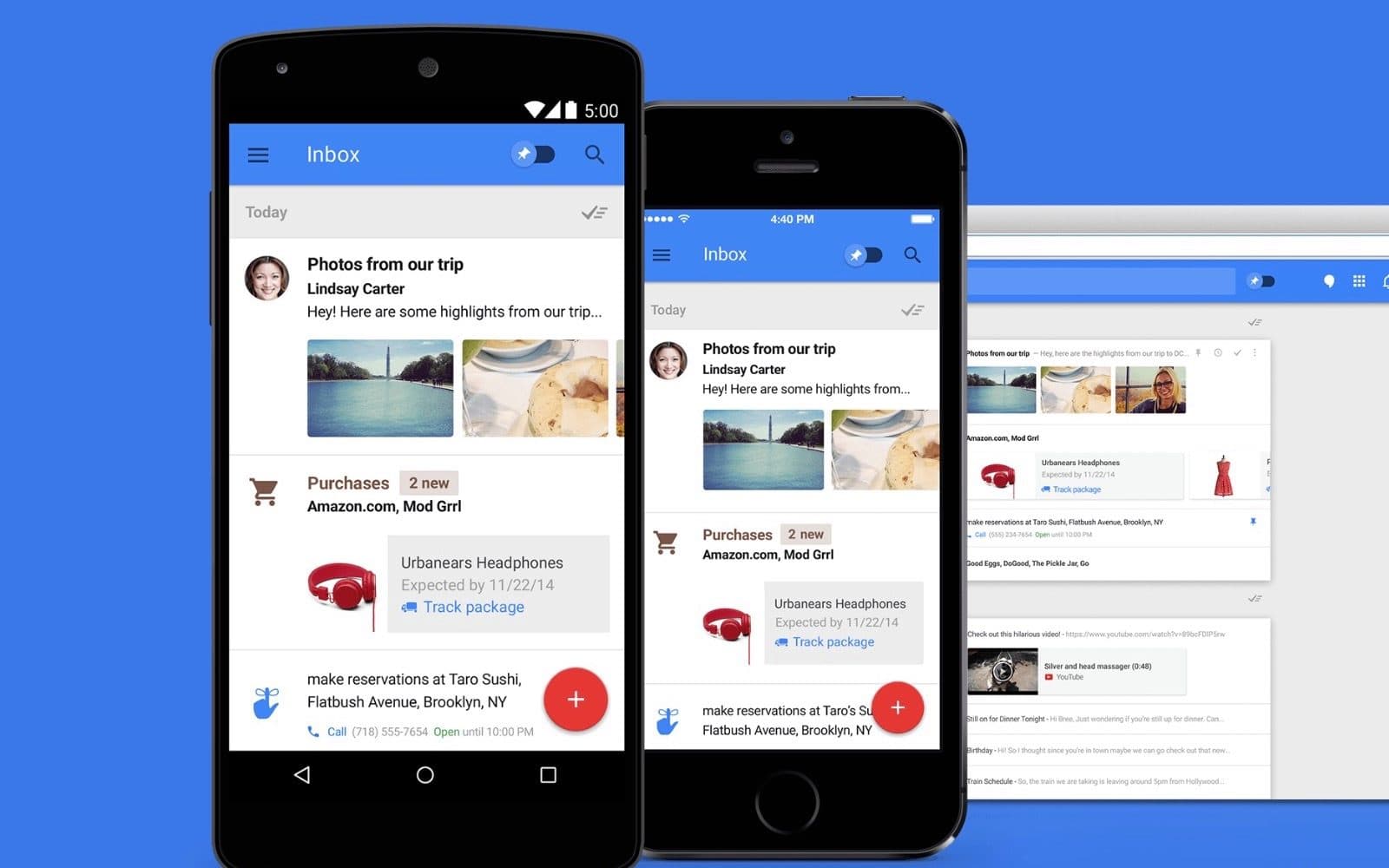Googles Inbox Going Away
by Elliot Chen, a blogger
Google's Inbox, a distinctive email platform that had etched itself into the routines of many, is poised to bid farewell. The suddenness of this announcement was jarring as I logged in this morning, greeted by a startling pop-up declaring Google's decision to halt support for Inbox by the close of March 2019. The suggested migration to Gmail left me grappling with the news, for Inbox had become a personalized digital haven in my daily interactions, surpassing Gmail's utility.

The inception of Inbox by the Gmail Team nearly four years prior had ushered in a novel approach to email management. In contrast to Gmail's business-oriented disposition, Inbox's charm lay in its casual demeanor. A pristine user interface, devoid of the email clutter that often suffocates digital inboxes, was its hallmark. This innovation was further enhanced by the advent of Bundles – an organizational marvel that neatly sorted emails into distinct categories, spanning Updates, Purchases, Promotions, and Trips. Initial user reception was mixed, a natural response to groundbreaking features. While some chose the familiar embrace of Gmail, others, like myself, were drawn to the allure of a transformative email experience.
In those nascent days, Inbox resonated deeply with me. Its uncluttered design and vibrant color palette evoked an aura of simplicity. The sight of "a sun suspended in the center of my screen" symbolized completed to-dos – a conceptual delight that resonated with my sense of achievement.
But what prompted this dramatic turn of events? The rationale behind Google's decision remains elusive, yet a trail of subtle hints, scattered throughout its journey, seemingly converges on this juncture. The Inbox UI remained untouched since its inception, manifesting a lack of evolution. Even more disconcerting was the year-long lag to rectify design glitches on Inbox's iOS app. The most glaring shortcoming lay in its search functionality, which paled in comparison to the mastery of Google's search engine. The frustrating inability to locate sought-after emails culminated in laborious navigation, undermining Inbox's purpose.
Invariably, the essence of a product extends beyond its mere existence – it finds its value through the users who invest in it. In simpler terms, if maintaining a product outweighs its utility, the equilibrium tilts toward discontinuation.
With a shrug of resignation, I contemplated, "Perhaps its allure wasn't as enduring as I had envisioned." My cursor danced across the screen, wistfully dragging an icon – strange yet familiar – to the Dock.
It was Mail.
P.S.
Me and friends, we all like this product. Google's choice of killing it really makes me think that do we really know what we want in the first place?